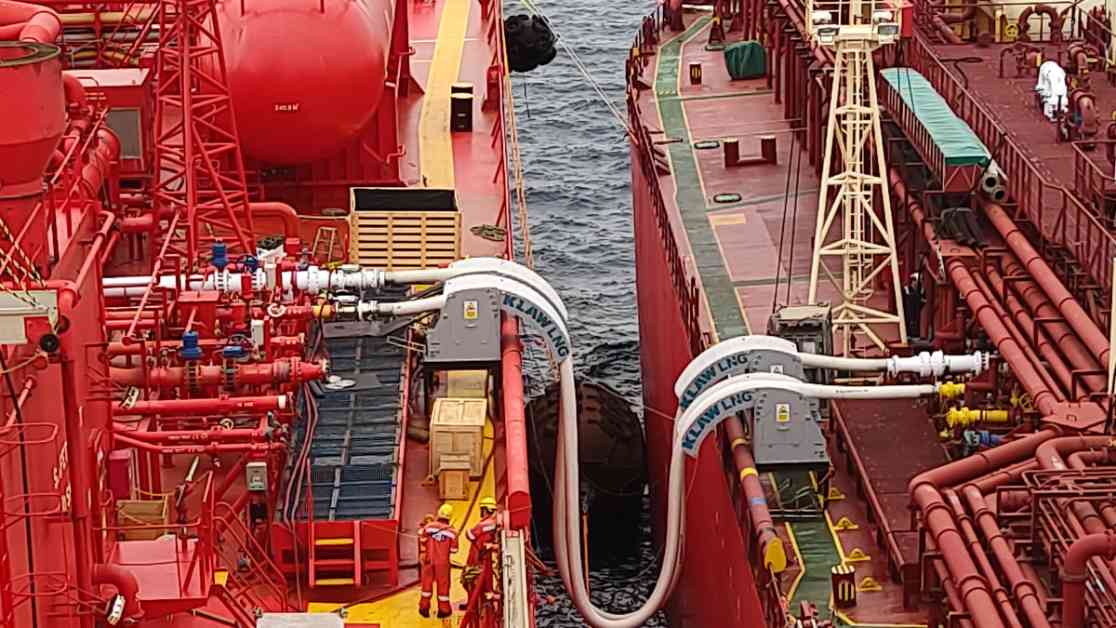On May 20, 2024, the Canadian Trans Mountain pipeline expansion (TMX) started delivering crude oil at the Kinder Morgan Westridge Marine Terminal in Vancouver, British Columbia. This expansion is significant as it transports Cold Lake and Access Western Blend (AWB) crude oil grades from Alberta to the Pacific Northwest. These types of crude oil, which are heavy and sour, are in direct competition with similar grades from Latin America and the Middle East but have the advantage of being geographically closer to markets in China and Asia.
However, challenges arise due to sanctions imposed on heavy sour crude from Venezuela by the US government. In contrast, Basra Heavy crude oil from Iraq, which has a similar specification, comes at a higher cost when delivered to China. Despite these obstacles, TMX-sourced crude oil is being sold at a discount to Brent crude oil, offering a competitive edge in the market.
Industry sources indicate that Aframax tankers are being used to transport the crude oil, with limitations on full loading capacities due to draft restrictions at the Westridge Marine Terminal. Even with these restrictions, significant volumes of crude oil have been lifted from TMX, primarily bound for Asia. The majority of these shipments are destined for China and South Korea, highlighting the strategic importance of the Pacific Northwest in expanding market reach.
The success of the TMX launch can be attributed to ship-to-ship (STS) operations taking place off the US West Coast. This shift in Canadian crude oil exports signifies a strategic move away from traditional routes through the US Gulf, with new clients in South Korea and increased shipments to China via the West Coast.
Moreover, recent advancements in STS operations have been demonstrated off the coast of Australia, where ammonia transfers were successfully conducted. This development marks a significant step towards establishing low greenhouse gas emissions shipping routes, with potential applications in the international iron ore trade. The operational viability of these transfers showcases the potential for future growth in the ammonia bunkering industry, emphasizing the importance of sustainable practices in maritime operations.
However, amidst these positive developments, there is a darker side to the STS story, particularly concerning the movement of Russian crude oil in the aftermath of the Ukraine invasion. STS operations continue to serve as a key mechanism for transporting Russian oil, with Oman and Egypt emerging as new hubs for these activities. The proliferation of vessels trading in sanctioned cargoes poses a challenge to global efforts to curb Russian revenues and counteract the impact of ongoing sanctions.
As the landscape of STS operations continues to evolve, it becomes essential to navigate the complexities of international trade while upholding safety and environmental standards. The strategic collaborations and innovative approaches adopted in STS operations underscore the importance of sustainable practices in the maritime industry, ensuring a balance between economic growth and environmental responsibility.

